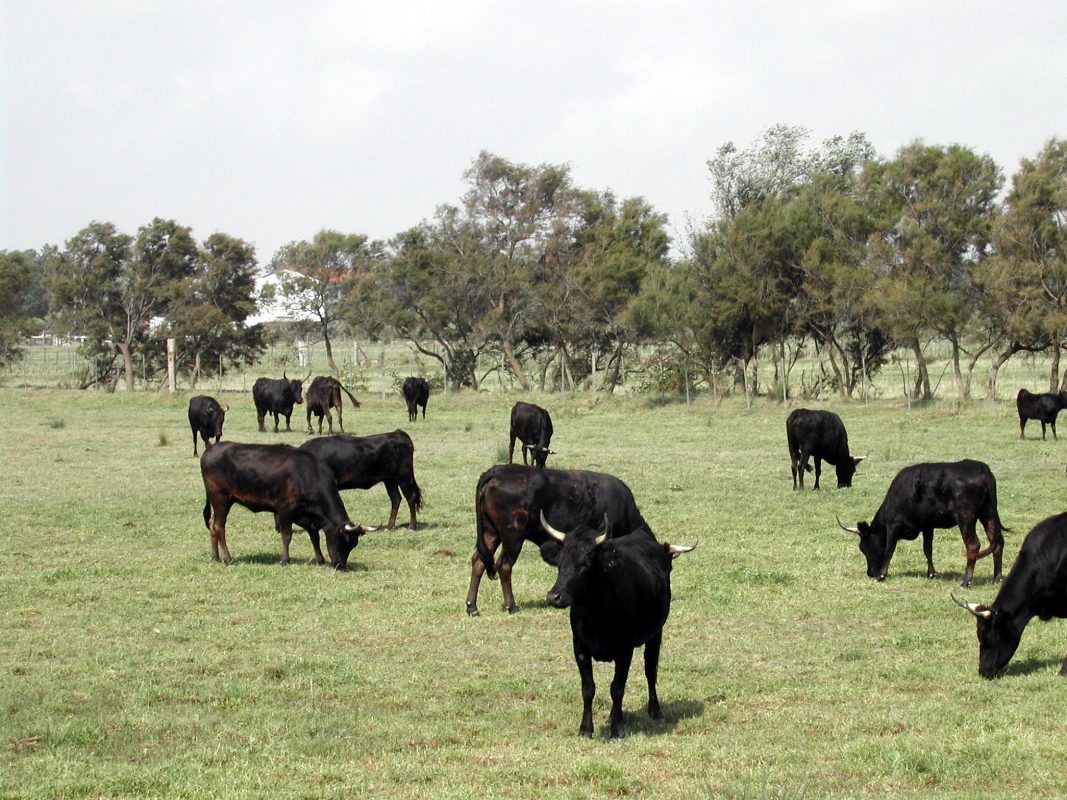|
Getting your Trinity Audio player ready... |
Demand for exported AG products is cratering while imported goods are taxed to death. ⁃ Patrick Wood, Editor.
China is normally the largest export market for U.S. agricultural products. In a typical year, we sell tens of billions of dollars worth of agricultural products to the Chinese, but now that door has been slammed shut thanks to the extremely high tariffs that China has imposed on U.S. imports. If that door is not reopened very soon, farmers all over the nation will be facing financial ruin due to massive financial losses that are already piling up. This is not a crisis that may or may not arrive someday. As you will see below, this is a crisis that is already here.
More than 1.4 billion people live in China. We send them massive amounts of soy and pork in a normal year, and that has been a very profitable arrangement for U.S. farmers. Unfortunately, demand has dried up due to the trade war, and this has thrown the U.S. agriculture industry into a state of chaos…
Soy has been severely impacted, with a 125% tariff imposed by China causing a steep decline in exports. Although recent comments from Trump hint at possible tariff reductions, prices for soy derivatives like tofu and animal feed have already climbed. Pork exports have suffered from tariffs reaching up to 72%, leading to higher domestic prices for bacon and pork chops. Dairy products, including cheese and milk, have seen prices spike after China and Mexico introduced new tariffs, affecting popular varieties like cheddar and mozzarella.
Apple exports were curtailed by tariffs from China and India, causing price hikes for varieties such as Gala and Fuji. California’s almond industry has also been hit hard, with China applying a 50% tariff; the additional logistics costs have pushed up prices for products like almond milk. Lobster prices have become increasingly volatile domestically after exports to China fell sharply under tariffs of up to 35%.
There were a few months during the pandemic that got a bit crazy, but if high tariffs persist we are going to witness a meltdown unlike anything we have ever experienced before.
The executive director of the Agriculture Transportation Coalition told CNBC that what we are facing “is a full-blown crisis already”…
Peter Friedmann, executive director of the Agriculture Transportation Coalition, or AgTC, a leading export trade group for farmers, told CNBC the number of canceled purchases of U.S. agricultural products should not be described as approaching a crisis. “It is a full-blown crisis already,” he said.
Data released by the U.S. Department of Agriculture on Thursday revealed China made its biggest cancellation of pork orders since 2020, halting a shipment of 12,000 tons of pork.
Even though the tariffs have only been in place for less than a month, the Agriculture Transportation Coalition is reporting that many of its members have already been hit by “massive” financial losses…
AgTC said “massive” financial losses are already being felt by its members as a result of the trade war, based on reports it is receiving from member companies.
It is easy to say that all of the soy, pork and corn that China normally purchases should just be sold to someone else.
But the truth is that “there are no other markets that can quickly replace China’s demand”…
Agricultural exporters warned that there are no other markets that can quickly replace China’s demand and absorb the volume, and that is already affecting prices.
“We have diverted employees and production to other (less profitable) production and dramatically slowed down purchasing from independent venders (loggers, truckers, sawmills),” one lumber exporter reported to AgTC. Some products have already declined 20% in market value, the exporter reported, which it said will influence inventory planning and future investments.
On the flip side, U.S. demand for clothing that is imported from China is plummeting dramatically.
Temu has made a ton of money by selling U.S. consumers fashionable clothes at super cheap prices, but now extremely high tariff rates are forcing Temu to add “import charges” to most orders…
Chinese e-tailer Temu has started adding “import charges” of about 145% in response to President Donald Trump’s tariffs.
The fees, which began cropping up over the weekend after price hikes went into effect on Friday, cost more than the individual products consumers are buying and can more than double the price of a typical order.
For example, a summer dress sold on Temu for $18.47 will cost $44.68 after $26.21 in import charges are added to the bill, a 142% surcharge, a CNBC analysis shows. A child’s bathing suit priced at $12.44 will cost shoppers $31.12 when the $18.68 import charge is taken into account, a staggering 150% fee. A handheld vacuum cleaner listed at $16.93 now costs $40.11 when factoring in an import charge of $21.68, which is a roughly 137% markup.
Everything that we buy from China is going to be a lot more expensive from now on, and that is only going to intensify our cost of living crisis.
Inflation has been a major problem for years, and an increasing number of people are turning to debt in order to make ends meet.
Even before the tariffs went into effect, one survey found that the percentage of Americans that have been using “buy now pay later” services has been rapidly growing…
In a survey conducted April 2-3 of 2,000 U.S. consumers ages 18 to 79, around half reported having used buy now, pay later services. Of those consumers, 25% of respondents said they were using BNPL loans to buy groceries, up from 14% in 2024 and 21% in 2023, the firm said.
Meanwhile, 41% of respondents said they made a late payment on a BNPL loan in the past year, up from 34% in the year prior, the survey found.
Those numbers are extremely alarming.
As a society, we are not ready for a major economic downturn at all.
In fact, almost a quarter of the entire U.S. population is currently dealing with “unmanageable” levels of debt…
Nearly 1 in 4 U.S. adults currently have “unmanageable” debt, as of April 1, according to a survey of 1,000 respondents. Unmanageable debt is defined as when an individual is forced to choose between debt payments and basic necessities.
If you are facing severe financial stress at this moment, I want you to understand that there are millions of others that are just like you.
We are just going to have to batten down the hatches, because the economic storm that we have entered is not going to be easy to endure.
Decades of very foolish decisions have brought our country to this point, and now a day of reckoning has arrived.
So I hope that you have been preparing for this time, because things are only going to get crazier from here.









